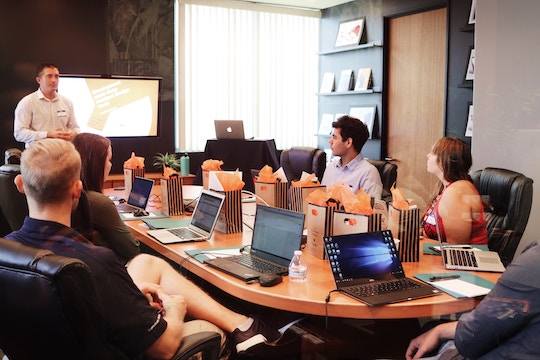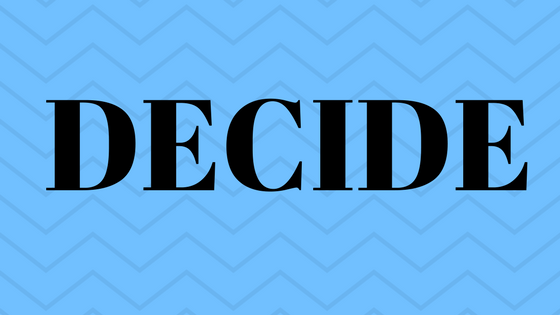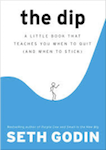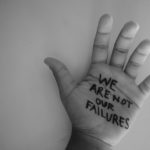“Play the tiles you get.”
—Grandma Nelly
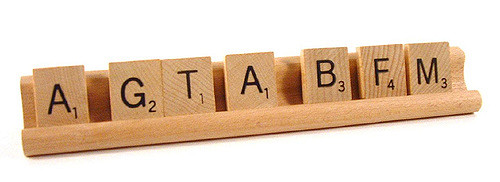
Image from Flickr by Joe King
In her book, 365 Days of Wonder, R.J. Palacio shares a charming story of her grandparents. Both avid Scrabble players, they played every day for more than 50 years.
Her grandfather, known as being the “intellectual,” almost always lost to his wife, who was primarily a homemaker, not the lawyer who graduated from Columbia.
Grandma Nelly was quite smart in her own right. She loved crossword puzzles. She had a miraculous ability to make the most of the tiles she was given rather than waiting to use the highest value tiles on double or triple word spaces. That was grandpa’s strategy.
EXERCISE:
In what areas of life are you waiting to get better tiles? What would be the value and benefit of learning to play the ones you currently have, and those you receive each day?







